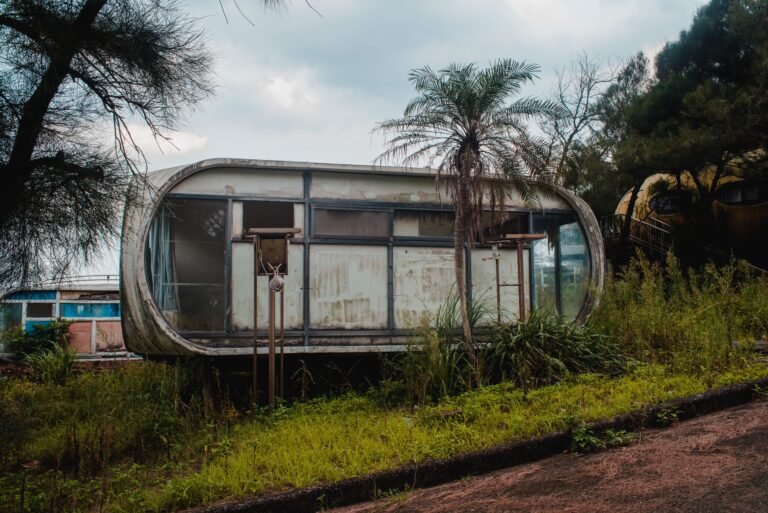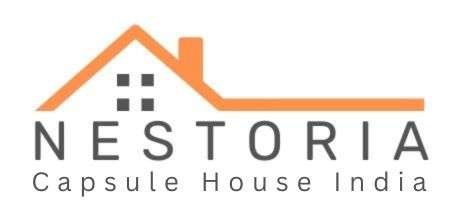Portable House for hotel and resorts

Using portable houses for hotel and resorts can indeed be a practical and innovative idea. Portable houses offer several advantages for the hospitality industry:
Mobility: Portable houses can be transported and installed in various locations, providing flexibility for hotel and resort operators to set up accommodations in remote or temporary settings. This mobility allows businesses to adapt to changing market demands and explore new destinations without significant investment in permanent structures.
Quick Deployment: Portable houses can be assembled and made operational much faster than traditional construction methods. This rapid deployment enables hotel and resort operators to capitalize on seasonal demand, special events, or emerging tourism trends with minimal lead time.
Cost-Effectiveness: Portable houses often require lower upfront investment compared to traditional brick-and-mortar construction. They can be an economical option for expanding accommodation capacity or testing new markets without the substantial financial commitment associated with permanent structures.
Customization Options: Despite their portability, modern portable houses can be customized to meet the specific needs and preferences of guests. Interior layouts, furnishings, and amenities can be tailored to create comfortable and inviting accommodations that reflect the brand identity of the hotel or resort.
Sustainability: Many portable house designs incorporate sustainable materials and energy-efficient features, aligning with environmentally conscious trends in the hospitality industry. By minimizing resource consumption and reducing waste, portable houses offer a more eco-friendly accommodation option for guests.
Versatility: Portable houses can serve various purposes beyond traditional guest accommodations. They can be configured as luxury suites, glamping tents, eco-friendly lodges, or even pop-up restaurants and event venues, enhancing the overall guest experience and diversifying revenue streams for hotel and resort operators.
Scalability: Portable houses offer scalability, allowing hotel and resort operators to adjust accommodation capacity based on demand fluctuations or business growth. Additional units can be easily added or removed to optimize occupancy levels and maximize revenue potential.
While portable houses offer numerous benefits, it’s essential to consider potential challenges such as regulatory requirements, infrastructure limitations, and long-term durability. Thorough planning, proper site selection, and adherence to safety standards are crucial for successful implementation in the hospitality industry. With careful consideration and strategic deployment, portable houses can be a valuable asset for hotels and resorts seeking flexibility, efficiency, and innovation in their operations.

Designing a portable house for hotels and resorts requires considering factors like mobility, durability, aesthetics, and functionality. Here’s a basic outline of how you might approach designing such a structure of purtable house for hotel and resorts
Mobility: The house should be easily transportable from one location to another. Consider using materials that are lightweight yet durable, and ensure that the design allows for easy assembly and disassembly.
Durability: Since the house will be used in different locations and environments, it needs to be able to withstand varying weather conditions and wear and tear. Utilize weather-resistant materials and construction techniques to ensure longevity.
Aesthetics: The design of the portable house should complement the surrounding environment and reflect the style and ambiance of the hotel or resort. Consider using natural materials and incorporating elements of local architecture and design.
Functionality: The house should provide all the necessary amenities and comforts for guests, including sleeping areas, bathrooms, kitchenettes, and living spaces. Maximize the use of space while maintaining a sense of openness and comfort.
Customization: Offer options for customization to cater to the specific needs and preferences of different hotels and resorts. This could include different layout configurations, interior finishes, and optional add-ons such as solar panels or eco-friendly features.
Sustainability: Incorporate sustainable design principles and practices wherever possible, such as using renewable materials, minimizing energy consumption, and implementing water-saving technologies.
Regulatory Compliance: Ensure that the design meets all relevant building codes and regulations for each location where the portable house will be used.
Safety and Security: Implement features to ensure the safety and security of guests, such as sturdy construction, secure locking mechanisms, and fire safety measures.
By carefully considering these factors and working closely with architects, engineers, and hospitality professionals, you can create a portable house that meets the unique needs and requirements of hotels and resorts.
